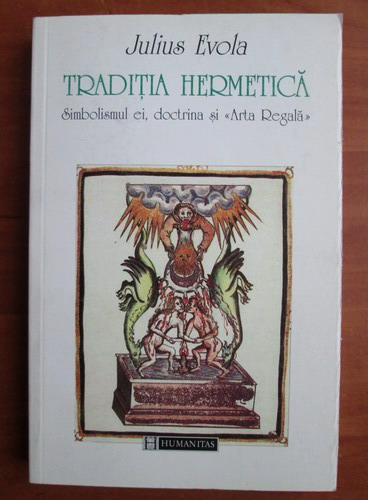


It reappeared in the Protestant domain during the seventeenth century, among the followers of the German mystic Jakob Boehme, and continued into the nineteenth century with Louis-Claude de Saint-Martin and Franz von Baader. With the dominance of Christianity over paganism, the term fell out of favor, for the Church was then supposed to be the repository of all the wisdom needed for salvation. The word first came into use among the Neoplatonists and can appropriately be applied to the quest for divine wisdom as found in the works of Plotinus, Porphyry, Iamblichus, Proclus, Damascius, and Pseudo-Dionysus the Areopagite. Theosophy, as the Greek etymology of the word suggests, is the wisdom or knowledge of God, seen from the human point of view as something to be striven for and attained. What is Theosophy, and what are its ramifications? Here is the English original of my contribution. The questions and answers were published in Italian as Il Maestro della Tradizione: Dialoghi su Julius Evola (Naples: Controcorrente, 2008), which for its balanced approach and multiple points of view is surely the best all-round book on Evola. In 2008 Marco Iacona asked me to join 40 others in answering some questions about Julius Evola, specifically (in my case) about his connections with Theosophy.


 0 kommentar(er)
0 kommentar(er)
